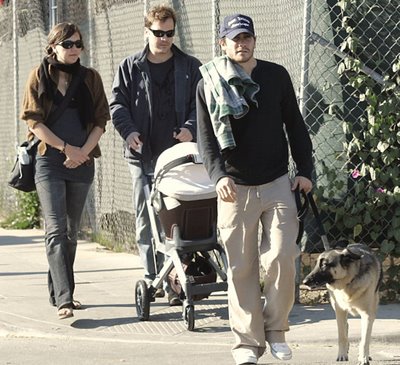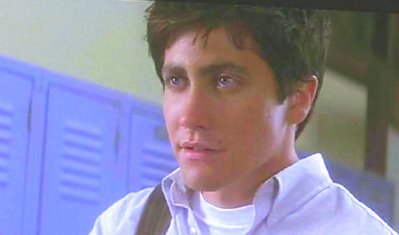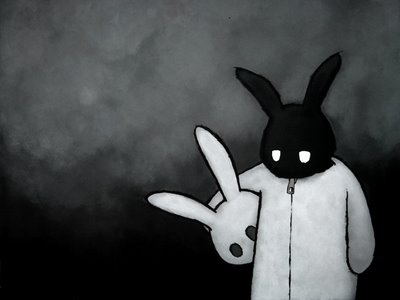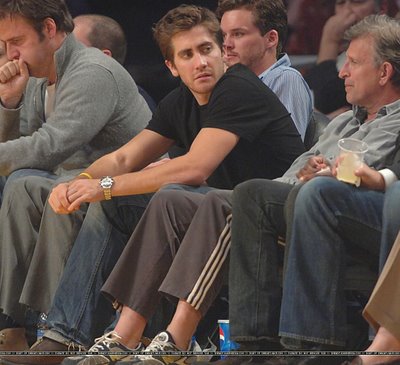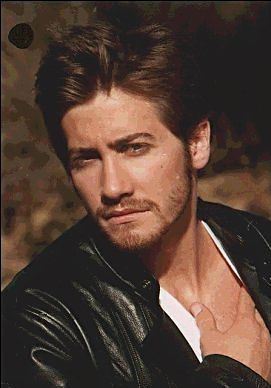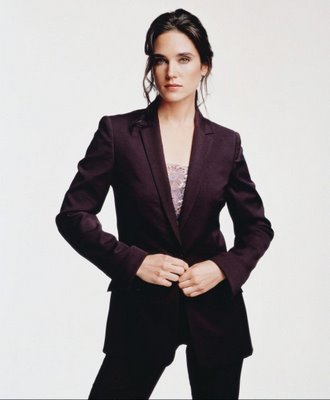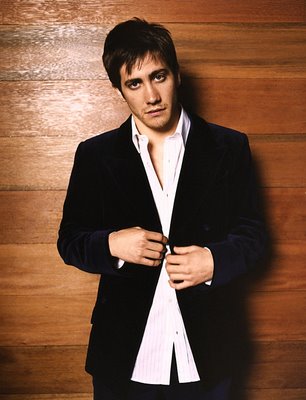
"The killer who called himself "Zodiac" has never been identified. He is infamous in the Bay Area, not just for his murders but for his taunting letters to The Chronicle and other newspapers, ridiculing police and threatening children's lives.
"Dear Editor," he wrote to The Chronicle on July 31, 1969, "This is the murderer of the 2 teenagers last Christmass at Lake Herman and the girl on the 4th of July near the golf course in Vallejo."
The Bay Area's most notorious unsolved case has become the subject of many books, TV specials and Web sites. In his final letter to The Chronicle, April 24, 1978 -- whose authenticity some have called into question -- he wrote boastfully:
"This is the Zodiac speaking ... I am waiting for a good movie about me. Who will play me."
Now, 26 years later, David Fincher, who made "Fight Club," has taken up the challenge. Due late next year, the Warner Bros. film "Zodiac" will star Robert Downey Jr., Jake Gyllenhaal and Mark Ruffalo as the lead detectives and reporters. The $80 million film was shot on location last month in the Bay Area, and will continue its production for 85 days on Los Angeles sets.

Aiming for historical accuracy, the filmmakers hired witnesses, survivors, detectives and reporters as consultants to the film whenever possible.
"Authenticity is our main goal," said producer Brad Fischer last week on the set. Added scriptwriter James Vanderbilt, "We want to be as thorough as possible." The film crew began researching the case three years ago. Gyllenhaal plays Robert Graysmith, the former Chronicle cartoonist whose interest in the case led him to write a 1976 book, "Zodiac," upon which the film is based. With his help, the filmmakers claim they have discovered new, substantial evidence. "What we've learned from our research," Fischer said, "we want to keep for our film." [...]

Zodiac was keeping score. From then on, he would send a murder tally along with each letter to The Chronicle. In 1974, he wrote, "Me - 37, SFPD - 0."
Napa County Detective Ken Narlow, a tough cop, became the county's lead investigator. Now retired, Narlow struggles with diabetes and in January underwent a hip-replacement surgery.
"I still think he's out there," Narlow said last week, sitting outside his Napa home. [...]
Since his final letter in the 1970s, no one seems to have heard from Zodiac. By his own count, he killed at least 37 people.

"When I became mayor in '88," Art Agnos said last week by phone, "it had been years and years since anyone had heard from him. Frankly it was a dead issue."
Before getting elected mayor, Agnos had been shot twice -- by a member of a group of racial extremists pegged Zebra by the police -- and knows full well the trauma a predator can cause.
If Zodiac is alive, he is in his 60s or 70s, according to police sketches based on witness accounts. The investigation is still active in parts of Northern California."
Zodiac Trailer pictures via IHJ. Source: Sfgate.com






